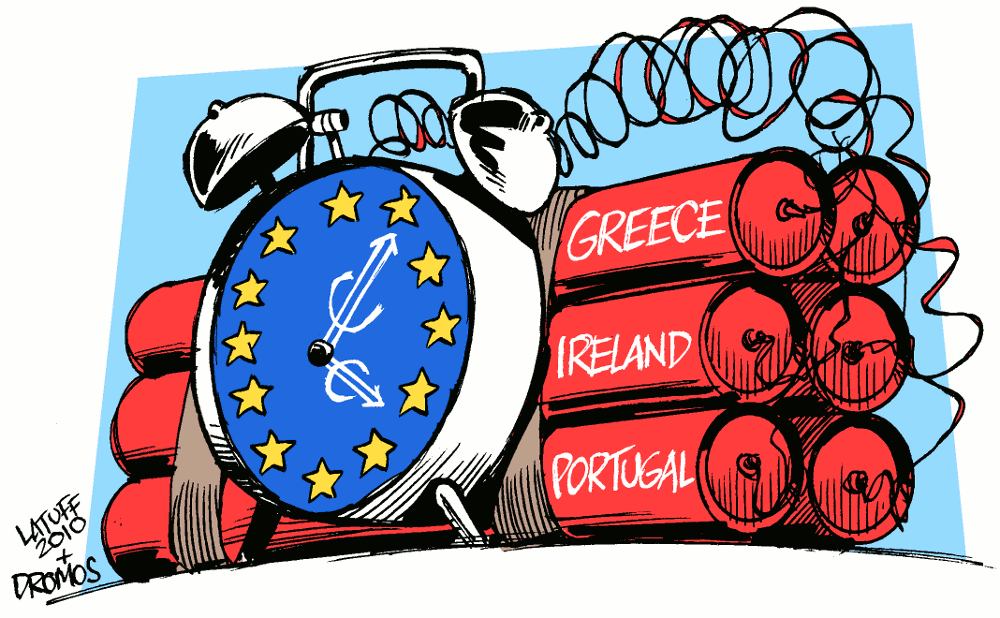 The socioeconomic crisis has severely affected the life and behaviour of many European citizens. According to Eurostat, about 26 million Europeans were unemployed by November 2012; and the number is still increasing. Today, the risk of falling into poverty is steadily growing, although at different paces in the different European countries. Even the social classes that until now have had a decent standard of living are increasingly losing “rights”, social and economic protection and often have to face economic hardship. Not only the most vulnerable groups such as children, families, single parent families, the elderly, women, and the unemployed, a constantly growing number of European citizens live precarious lives on a daily basis that often becomes distressing for them.
The socioeconomic crisis has severely affected the life and behaviour of many European citizens. According to Eurostat, about 26 million Europeans were unemployed by November 2012; and the number is still increasing. Today, the risk of falling into poverty is steadily growing, although at different paces in the different European countries. Even the social classes that until now have had a decent standard of living are increasingly losing “rights”, social and economic protection and often have to face economic hardship. Not only the most vulnerable groups such as children, families, single parent families, the elderly, women, and the unemployed, a constantly growing number of European citizens live precarious lives on a daily basis that often becomes distressing for them.
Unemployment, the fear of losing the job, working on a low-wage basis, social spending cuts and experiencing financial difficulties are strong stress factors.
Another stress factor is the workload left to be completed by those who are still in work after personnel cuts. Experts estimate that about 10% of these people suffer from what is commonly known as “burn-out-syndrome” and that due to the increasing economic pressure and the changes and restructuring of the working life this number will continue to rise.
Research shows that economic hardship, unemployment, job insecurity, the lack of a regular living wage, excessive work and unwelcome changes in peoples’ life are detrimental to health and have important effects on health outcomes, causing physical and mental ill-health such as depression, anxiety attacks, eating disorders or alcohol abuse and demand for health care. But the fight against possible states of depression, anxiety and senses of panic caused by the loss ofa job, lonliness, or even the inability to deal with other people, is not always easy.
And in addition, in many cases, these psychological disorders are not recognised: they are either not identified by doctors or the patients are reluctant to seek professional help. According to WHO “only 2 in every 5 people experiencing a mood, anxiety or substance use disorder are seeking assistance in the year of the onset of the disorder.” As a consequence, more and more European citizens are at risk of slipping into poverty and/or social exclusion. Social exclusion again, causes depression and anxiety and leads to more stress. Many European citizens struggle each day anew to make ends meet, or they are too depressed and (mentally and physically) tired, that they often are not able to carry out their normal tasks.
So in the majority of the cases, the problem is very close to the labour situation (perceived future employability).
In order to improve this situation, public institutions, at different geographical and political levels, have been trying to identify and solve, whenever possible, the social and economic difficulties, this with the support of several expert associations and organizations on these fields.